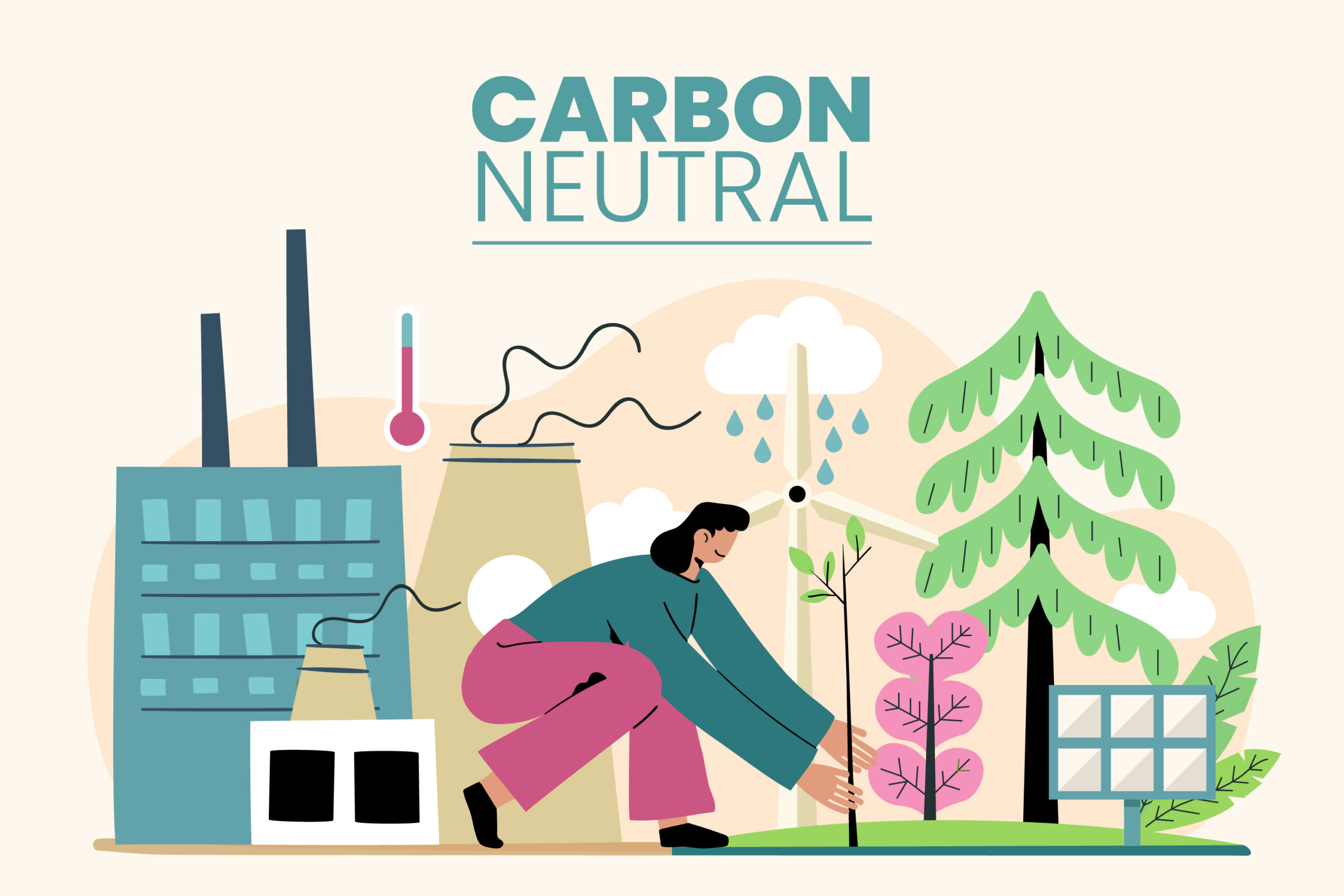“Carbon neutral” – “Environmentally friendly”: companies need to be particularly vigilant when it comes to environmental claims.
- Flash newsThe growing number of proposals for European directives on environmental claims, and the campaign led by the Direction générale de la concurrence, de la consommation et de la répression des fraudes (DGCCRF) against greenwashing, bear witness to the authorities’ particular attention to this issue and should encourage companies to exercise the utmost vigilance.
An environmental claim is a statement that promotes all or part of a product for its environmental characteristics 1. The claim must be reliable, not misleading or deceptive, and above all, it must be verifiable, otherwise it may be considered as “greenwashing”.
Environmental claims are subject to a new framework at European level in order to reduce greenwashing commercial practices. One example is the recent directive 2024/825 of February 28, 2024 2 which aims to “empower consumers for the green transition”. In particular, this directive amended directive 2005/29 on misleading commercial practices by broadening the definition of environmental claims to include “in any form” all communications relating to a positive or neutral ecological impact 3:
“any message or representation which is not mandatory under Union or national law, in any form, including text, pictorial, graphic or symbolic representation, such as labels, brand names, company names or product names, in the context of a commercial communication, and which states or implies that a product, product category, brand or trader has a positive or zero impact on the environment or is less damaging to the environment than other products, product categories, brands or traders, or has improved its impact over time”.
In addition, the proposal for a directive presented by the European Commission on March 22, 2023, known as the “Green Claims” Directive, currently under discussion between the Parliament and the Council, aims to provide an even stricter framework for environmental claims through verification procedures. Under the proposal, companies will be required to provide compulsory evidence to back up their claims. Environmental claims will also have to be clear and comprehensible, and can no longer be vague or ambiguous, such as “environmentally friendly product” claims, without specific, verifiable explanations 4.
In French law, the Consumer Code and the Environmental Code already govern the use of environmental claims and provide for heavy penalties in the event of misleading commercial practices.
The French Consumer Code, and more specifically Article L. 132-2, stipulates that misleading commercial practices are punishable by two years’ imprisonment and a fine of 300,000 euros. More specifically, where misleading commercial practices are based on environmental claims, the fine is increased to 80% of the expenditure incurred in producing the advertising.
The Environment Code provides a more specific framework for the use of environmental claims. In particular, article L. 229-68 strictly regulates the use of the claim “carbon neutral ”:
“It is forbidden to state in an advertisement that a product or service is carbon-neutral or to use any formulation of equivalent meaning or scope, unless the advertiser makes readily available to the public the following:
1° A greenhouse gas emissions balance sheet integrating the direct and indirect emissions of the product or service;
2° The process by which the product’s or service’s greenhouse gas emissions are first avoided, then reduced and finally offset. The greenhouse gas emissions reduction trajectory is described in terms of quantified annual progress targets;
3° Terms and conditions for offsetting residual greenhouse gas emissions in compliance with minimum standards defined by decree.”
In addition, article L.541-9-1 of the French Environment Code prohibits the use of the terms “biodegradable”, “environmentally friendly” or any other equivalent wording on a product or packaging. In addition, when the recycled nature of a product is mentioned, it is compulsory to specify the percentage of recycled materials actually incorporated. Similarly, it is now forbidden to use the term “compostable” on plastic products and packaging which can only be composted in an industrial unit.
In the event of non-compliance, the advertiser is liable to an administrative fine of 100,000 euros, up to the full amount spent on producing the advertisement 5.
The risk of a fine is heightened by the existence of a governmental reporting platform enabling any individual (unsatisfied consumer or customer, competitor, environmental protection association, etc.) to report to the authorities the existence of a carbon neutrality claim about which they have doubts.
The DGCCRF has stepped up its controls. In 2021 and 2022, the DGCCRF conducted an unprecedented investigation into environmental claims, inspecting 1100 companies 6.
Very recently, on August 2, the DGCCRF issued a temporary notice publicly enjoining a company to cease making misleading claims, moving towards a form of “name and shame” 7.
In German law, environmental claims are also governed by consumer and unfair competition laws, notably via the Gesetz gegen den unlauteren Wettbewerb (UWG) 8. However, the approach is somewhat different, favoring self-regulation by the sectors concerned, and relying on strict rules for environmental certification stemming from European directives and labels such as the Blauer Engel (Blue Angel), recognized for its high environmental standards 9. Finally, German practice is based on sector inquiries, notably initiated by the Bundeskartellamt 10.
The regulatory frameworks on either side of the Rhine should, however, soon converge under the impetus of the forthcoming directive; companies are already urged to be extremely vigilant in their choice of terms and messages aimed at consumers.
- https://www.economie.gouv.fr/dgccrf/allegations-environnementales-ce-quil-faut-retenir[↩]
- Directive EU 2024/825 of the European Parliament and of the Council of February 28, 2024 amending Directives 2005/29/EC and 2011/83/EU to empower consumers in the green transition through better protection against unfair practices and better information[↩]
- Article 1 Directive 2024/825[↩]
- https://ec.europa.eu/commission/presscorner/detail/en/ip_23_1692[↩]
- Article L. 229-69 du code de l’environnement[↩]
- https://www.economie.gouv.fr/dgccrf/bilan-de-la-premiere-grande-enquete-de-la-dgccrf-sur-lecoblanchiment-des-produits-non-0[↩]
- https://www.rsedatanews.net/article/article-gouvernance-reglementation-rse-environnement-greenwashing–pas-de-repos-pour-les-matelas-202[↩]
- https://www.gesetze-im-internet.de/uwg_2004/BJNR141400004.html[↩]
- https://www.blauer-engel.de/en/blue-angel/our-label-environment/developed-scientific-basis[↩]
- https://www.bundeskartellamt.de/EN/Tasks/Sector_inquiries/Sector_inquiries_node.html[↩]
